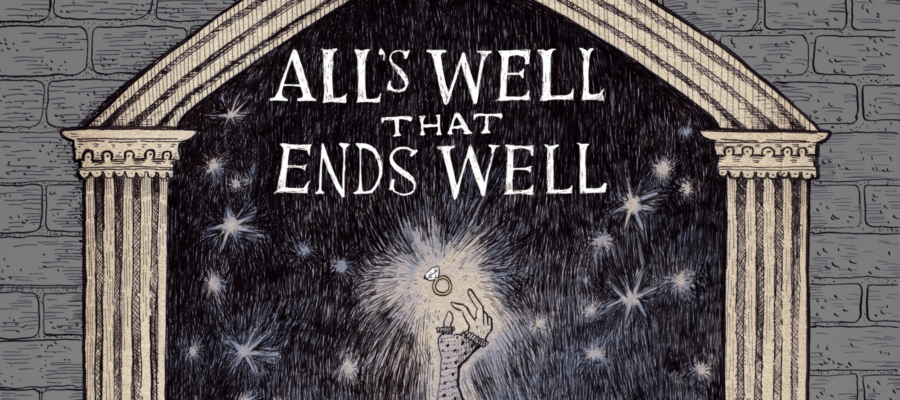Pareeshe Fatima
John Donne, a towering figure in English literature, stands as a pioneer of the Metaphysical poetry movement. His poems, characterized by their intellectual rigour, passionate intensity, and innovative use of language, have captivated readers for centuries. A critical evaluation of John Donne’s poetry reveals a poet of profound complexity, a master of language, and a profound explorer of the human condition.
One of the most striking aspects of Donne’s poetry is its intellectual depth. His poems are infused with philosophical and theological musings, exploring themes of love, death, faith, and the nature of reality. He engages in complex arguments, employing metaphors, paradoxes, and other figures of speech to convey his intricate ideas.
At the heart of Donne’s poetry lies a passionate intensity that sets it apart. His poems are not mere intellectual exercises; they are filled with emotion, ranging from the ecstatic heights of love to the depths of despair. Donne’s ability to express such intense emotions with such clarity and precision is a testament to his poetic mastery.
Donne’s innovation with language is another hallmark of his poetry. He breaks free from conventional forms and structures, experimenting with rhythm, meter, and rhyme schemes. His use of metaphors, paradoxes, and other figures of speech is often startling and original, creating images that are both vivid and thought-provoking.
Donne’s exploration of the human condition is another key aspect of his poetry. He delves into the complexities of love, the inevitability of death, and the struggles of faith. His poems are filled with introspection and self-examination, revealing the depths of the human psyche.
Please, subscribe to the monthly magazines of republicpolicy.com
Despite his technical brilliance and intellectual depth, Donne’s poetry remains accessible and relatable to readers of all backgrounds. His use of everyday language and his ability to connect with the reader on an emotional level make his poems both intellectually stimulating and emotionally resonant. Also, John Donne’s poetry stands as a testament to his genius as a poet. His intellectual rigour, passionate intensity, innovative use of language, and profound exploration of the human condition make him a poet of enduring significance. His poems continue to challenge and inspire readers, offering insights into the complexities of love, death, faith, and the human experience.
Intellectual Depth and Metaphysical Conceits:
Metaphysical poetry is known for its intellectual depth and its use of metaphysical conceits, which are extended metaphors that draw surprising comparisons between seemingly disparate objects or ideas. Donne’s poems are a prime example of this style, as he employs intricate metaphors and paradoxes to explore complex philosophical and theological themes.
One of Donne’s most famous conceits is found in his poem “A Valediction: Forbidding Mourning.” In this poem, Donne compares the lovers’ separation to the death of a monarch, arguing that their brief parting is not as significant as the permanent separation of death. This conceit is both startling and thought-provoking, as it forces the reader to reconsider the nature of loss and grief.
Passionate Intensity and Emotional Expression:
Donne’s poems are not just intellectual exercises; they are filled with intense emotion, ranging from the ecstatic heights of love to the depths of despair. His ability to express such intense emotions with such clarity and precision is a testament to his poetic mastery.
A prime example of Donne’s passionate intensity can be found in his poem “The Flea.” In this poem, Donne uses the metaphor of a flea to explore the intimacy and interconnectedness of lovers. The poem is full of vivid imagery and passionate language, as Donne argues that even the smallest creature can unite two souls.
Innovative Use of Language and Metaphor:
Donne’s innovation with language is another hallmark of his metaphysical poetry. He breaks free from conventional forms and structures, experimenting with rhythm, meter, and rhyme schemes. His use of metaphors, paradoxes, and other figures of speech is often startling and original, creating images that are both vivid and thought-provoking.
One of Donne’s most innovative poems is “The Holy Sonnets.” In this sonnet sequence, Donne explores his relationship with God, using a variety of metaphors and similes to convey his complex emotions. The poems are full of paradox and contradiction as Donne grapples with his faith and doubts.
Exploration of the Human Condition:
Donne’s metaphysical poetry is not just about intellectual puzzles or emotional expression; it is also a profound exploration of the human condition. He delves into the complexities of love, the inevitability of death, and the struggles of faith. His poems are filled with introspection and self-examination, revealing the depths of the human psyche.
A prime example of Donne’s exploration of the human condition can be found in his poem “The Canonization.” In this poem, Donne argues that lovers are saints worthy of canonization because of their intense love and devotion. The poem is a celebration of love’s power, but it also acknowledges love’s fragility and impermanence.
Enduring Significance and Influence:
Despite his technical brilliance and intellectual depth, Donne’s metaphysical poetry remains accessible and relatable to readers of all backgrounds. His use of everyday language and his ability to connect with the reader on an emotional level make his poems both intellectually stimulating and emotionally resonant.
Donne’s metaphysical poetry has had a profound influence on English literature, inspiring poets from various eras. His innovative style and his exploration of complex themes have enriched the English poetic tradition and continue to challenge and inspire readers today.
Please, subscribe to the YouTube channel of republicpolicy.com

















